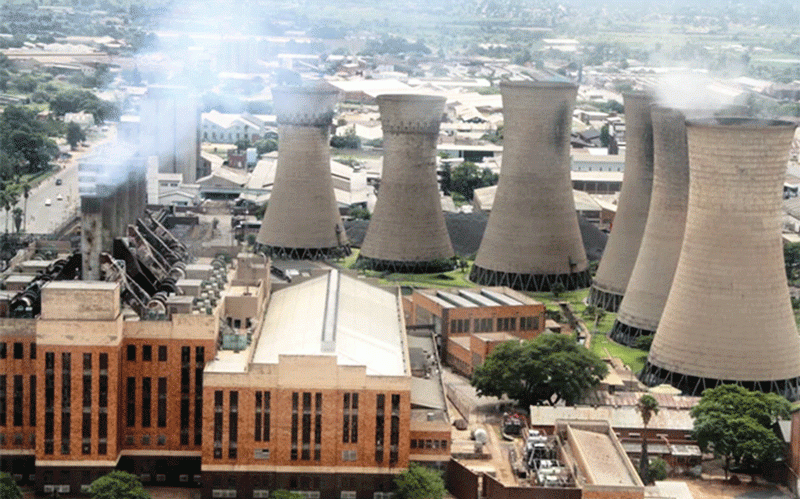
OVER the years, the nation has been promised that Bulawayo will undergo massive re-industrialisation.
In that regard, nothing has moved.
Over a decade or so ago, efforts were supposedly made to resuscitate Bulawayo industries through the Distressed Industries and Marginalised Areas Fund, which was disbursed starting from 2011, but the fund did not have a significant impact.
Before that, government launched the US$70 million Zimbabwe Economic and Trade Revival Facility, which did little to change the fortunes of second largest city of the country.
In fact, companies in Zimbabwe's once industrial hub have been either closing shop, retrenching or moving to other places away from the city, especially settling in the capital city, further worsening Bulawayo’s economic performance.
Often referred to as the country’s industrial hub, the city’s current economic and industrial performance no longer portray such a picture.
Many of the factories have been turned into worship centres.
Promises to revive Bulawayo industries have been nothing short of a pie in sky.
- City firms struggle to revive operations
- Byo industry revival needs more action
- Bulawayo at 82: A Legacy forged in industry
Keep Reading
On June 1, the city turned 130 years after being declared a town on June 1, 1894.
For what once was a heavy industrial site, life has been snuffed out and the informal sector has taken over.
The industrial site now represents a ghost town.
But considering economies of scale, an informal sector contributes far less than a formal one.
The economy of the city has diminished to unacceptable levels over the past two decades.
Claims have been made that Bulawayo is not alone in this predicament since other cities across the country are also facing similar challenges.
But authorities are losing sight of the fact that Bulawayo was heavily industrialised, hence was bound to suffer more.
Speaking in April this year while welcoming visitors and exhibitors at the 64th Zimbabwe International Trade Fair in Bulawayo, the city's mayor David Coltart said: “One of the reasons why the ZITF was established in Bulawayo was due to the fact that it was Zimbabwe’s industrial capital and the industrial hub of southern African and our vision is to restore that status.
“We have a massive task ahead of us and we are pleased that you have come to the ZITF and it is our hope that by coming, you will see the city’s potential.”
We believe it's not too late to return the city to its industrial hub status for as long as the leadership has the resolve to do.






